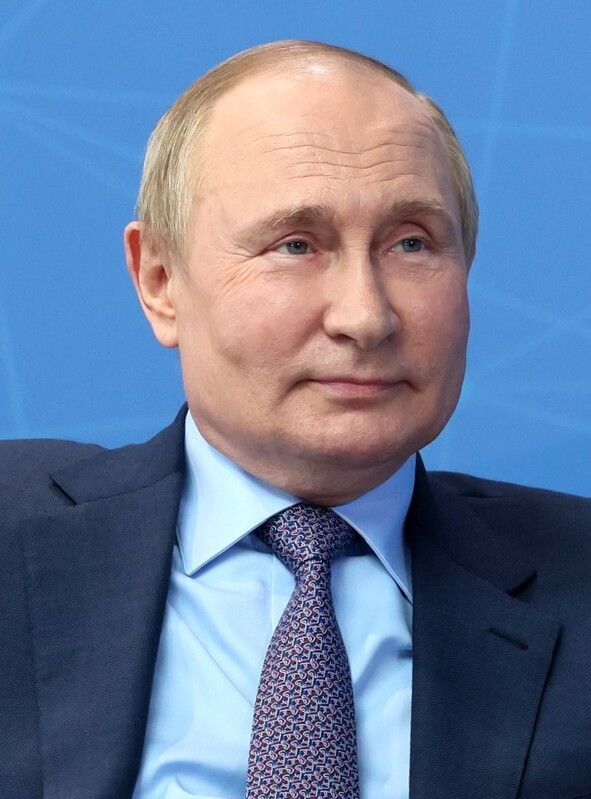Words such as Marxist, fascist, Nazi, genocide, or Holocaust are employed with great ease today across social media platforms and cable television channels, deployed by commentators and partisan pundits attempting to evoke outrage, invoke doubt, and otherwise stir emotions. While allowing for a quick bridge between unfathomable moments in the past and the happenings of modern times, these linguistic daggers are so over-used in our current climate of poisoned political discourse that their power is ultimately undermined, numbing us to their historical meaning and power.
When the proper definitions of a language are blunted from overuse and improper application, society becomes lost in a fog of confusion and muted expectations leading to an inability to gauge the severity of events as they are taking place. As witnessed domestically on January 6, 2021, the seditious conspiracy against Congress, carried out by allies close to former President Donald Trump in an attempt to overturn the 2020 election, was greeted by a vocal minority of the population as a simple protest.
These obfuscations included the Republican National Committee, in a statement by GOP Chair Ronna McDaniel, calling the attempted overthrow of the US government “legitimate political discourse.” On the foreign policy front, the February 24, 2022, full-scale invasion by the Russian Federation into Ukraine, eight years after they illegally occupied eastern parts of the country, also became clouded by modern double-speak. The impact of Europe’s largest war since 1945 is weighed down by Vladimir Putin’s web of proxy propagandists sowing doubt in the media and among the pundit class by volleying false accusations of Nazi-ism and fascism at Ukraine’s democratically elected President Volodymyr Zelenskyy, a proud Jewish man.
By successfully manipulating large swaths of the population into defending their grievous actions, both Trump and, to a much larger degree, Putin injected messages of victimization and righteousness into what should have prompted straightforward, widespread condemnation of both men’s actions.
While Trump is becoming less relevant every day, Putin continues to hold sway over his country, and on the global stage, by pushing out a noxious stew of misapplied statements, fictitious stories, and outright lies. Now more than ten months after the beginning of Putin’s widespread war against Ukraine, the question of how to combat the Russian narrative of events is as relevant as ever. The answer is to pierce the rhetorical shield employed to great effect by the Russian invaders, rendering it useless.
Using direct terms to describe the war and avoiding the same emotionally laden, linguistically charged terms as Putin and his allies, the real issues surrounding what is taking place and why Ukraine must win can be brought to the forefront. Lines such as Putin is evil, Russian soldiers are war criminals, Russia is a state sponsor of terrorism, Ukraine stands for freedom, and Ukrainians are fighting for liberty are all very basic. They are also all true.
What makes truth so beautiful is that it can stand on its own without needing to be shrouded in hyperbole and layered in grandiose proclamations. Casting aside falsely analogous hot takes in exchange for pointed, understated truths means cutting the addiction to the immediate and visceral responses which come in the wake of the bombastic sound bites. This isn’t an easy ask in the world of 15-second clips and carefully staged viral moments.
Yet the fact remains that while viral videos may help raise money and win political campaigns, they won’t win the communications portion of the deadliest war in eight decades, nor will speaking the way Putin does. Winning on the messaging front means mimicking what the soldiers of the Armed Forces of Ukraine are doing on the literal battlefield: Being more effective at their jobs than the Russians, and when it comes to the war of words with Putin, the most potent and effective approach is the most straightforward one.




